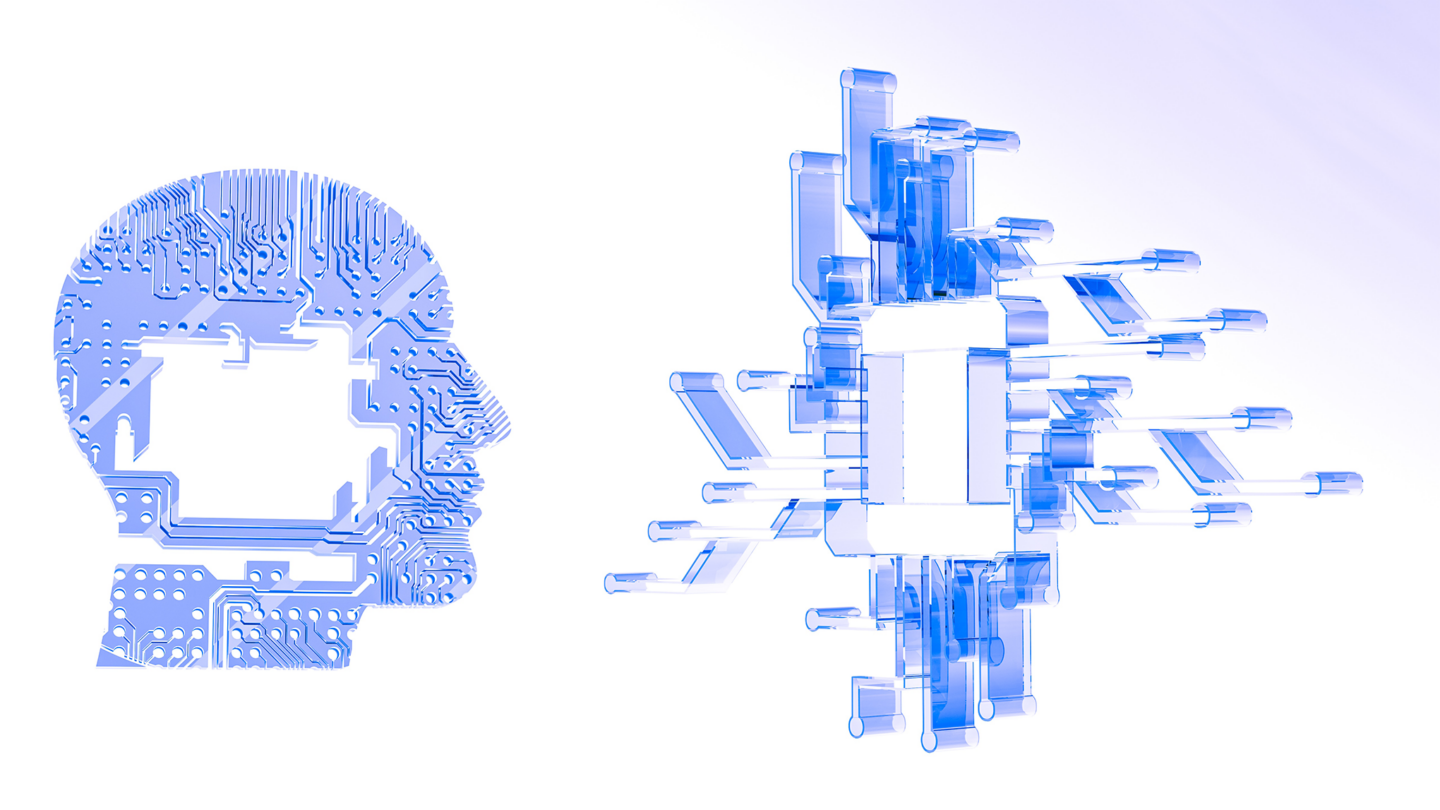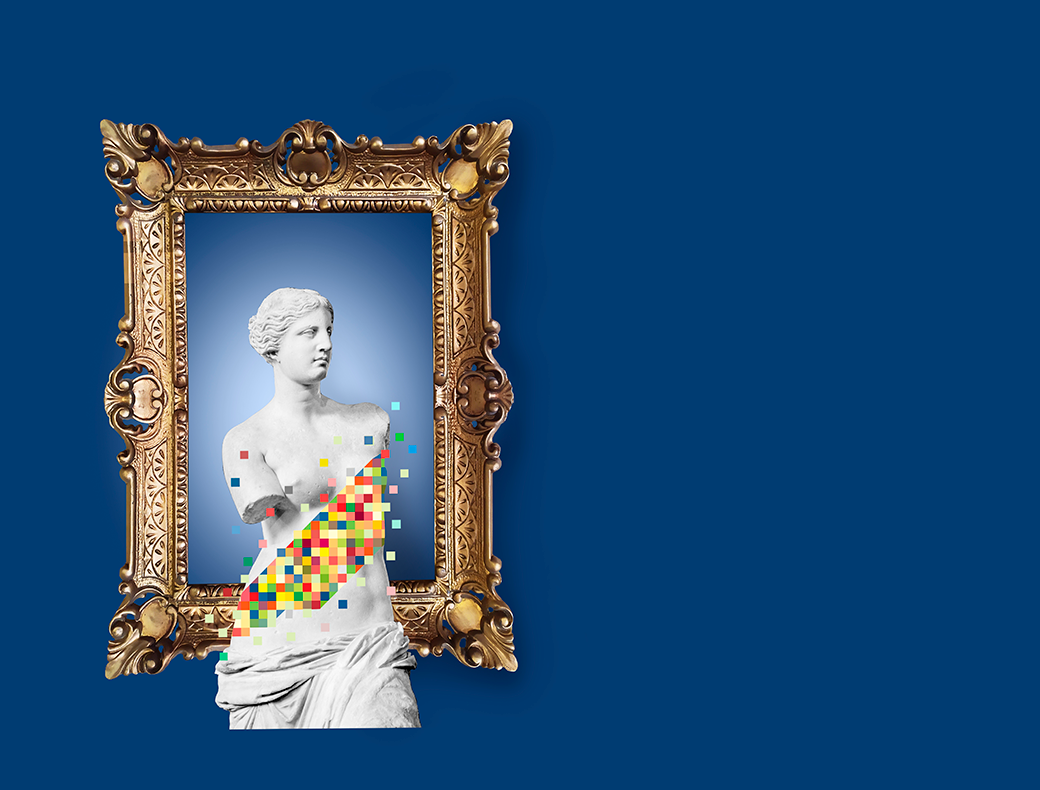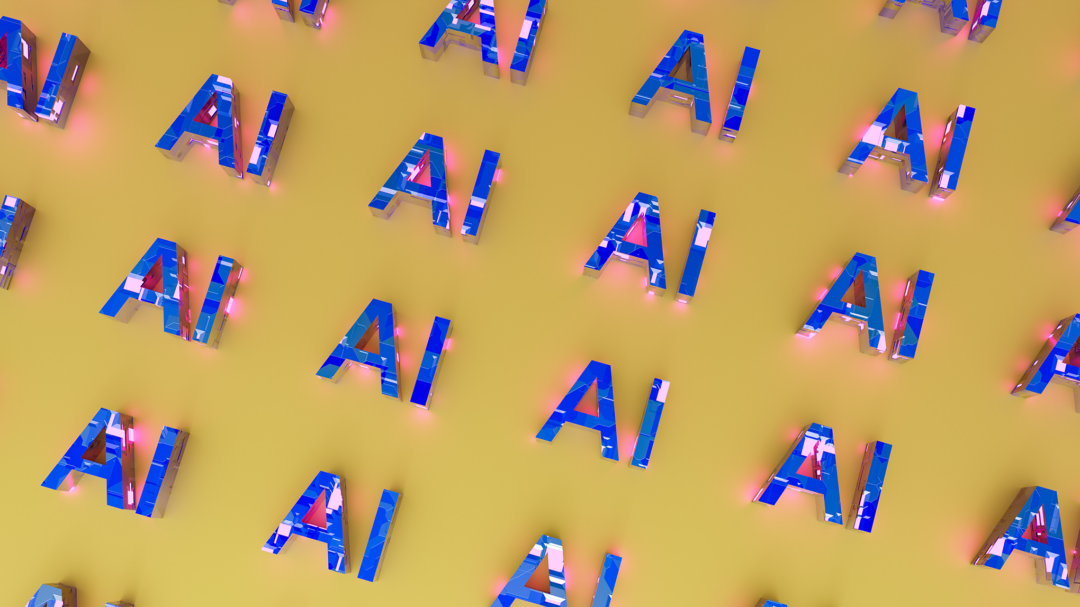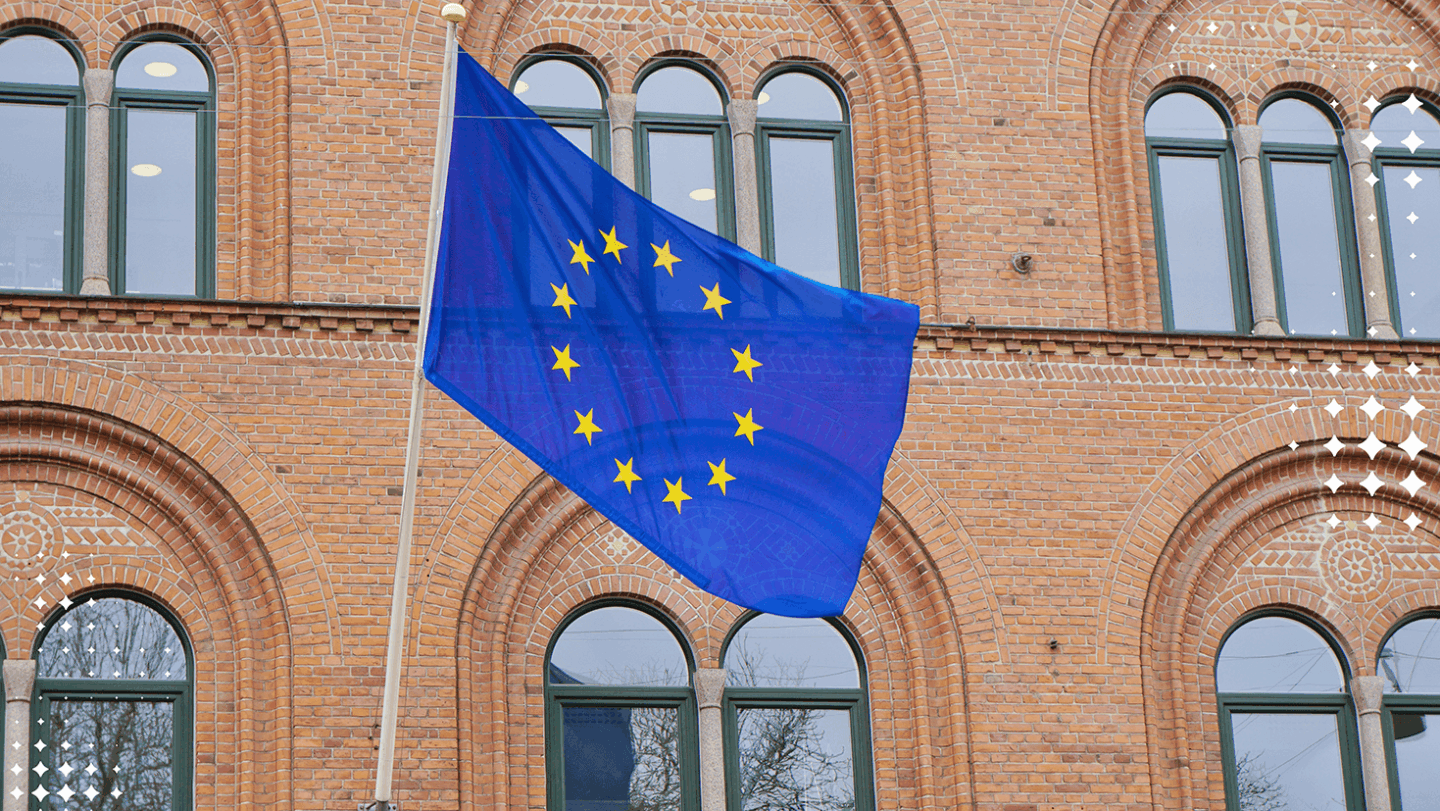Can AI-Assisted Artistic Works be Copyrighted?
- IP & Trademarks

With artificial intelligence (AI) being used more and more to produce creative works, courts and agencies charged with overseeing intellectual property protections are being forced to rethink what can and cannot be copyrighted. Following the recent release of new guidance from the U.S. Copyright Office.
Luisa Grillo, IP Counsel here at Abion and BRANDIT, discuss the changes and how this opens up the possibility that material generated using AI may be eligible for US copyright protection if there is sufficient creative human involvement and control.
Further Guidance Published
On the 16th of March 2023, the U.S. Copyright Office (the Office) issued fresh guidance to clarify the criteria for determining copyright eligibility of artistic works that involve the assistance of artificial intelligence.
In contrast to its recent decision rejecting copyright claims for Midjourney’s generative AI-generated images, where the application was denied because the examiner discovered that the piece was created “without any creative input from a human being”, the Office stated that copyright protection depends on whether the AI’s involvement is a product of “mechanical reproduction,” such as responding to text prompts, or reflects the “mental conception” of the author.
The Office further explained that the circumstances in which AI is operated and its use to create the final work will determine whether it can be protected or not, and some works may qualify for partial protection, limited to the human-generated components.

This development arises as courts worldwide struggle to distinguish between copyrightable and non-copyrightable AI-assisted works, causing frustration among creators seeking to safeguard their creative output.
The Office highlighted that AI-based cases are no longer theoretical scenarios, as it is currently receiving and evaluating registration applications that assert copyright in material generated by AI.
These applications encompass a range of works, from purely algorithmically-produced visual pieces to graphic novels that blend human-written text with machine-generated images.
The copyright eligibility of such works, according to the Office, will hinge on the specifics of how the AI tool was employed and operated to generate the final product.
According to the Offices’ statement, if a machine produced the fundamental aspects of authorship in a work, then the work lacks human authorship and will not qualify for registration.
However, if a work includes AI-generated material alongside sufficient human authorship, it may support a copyright claim. The guidance further elaborated that current generative AI technologies do not typically afford users absolute creative control over how the systems interpret prompts and produce material.
As a result, without human control over a work’s expressive components, it cannot be copyrightable. Instead, the prompts function more akin to guidelines for a commissioned artist, as they specify what the prompter desires to be created, but the machine determines how those directives manifest in the final output.

The Office affirmed its commitment to evaluating applications for AI-assisted works using the established “human authorship” requirement, which dictates that only authors can apply for copyright protection, and only humans can qualify as authors.
The Supreme Court defined an “author” as “he to whom anything owes its origin; originator; maker; one who completes a work of science or literature”.
The Ninth Circuit Court of Appeal upheld this rule when it rejected a copyright claim for photographs taken by a monkey.
However, the Office did approve an application for the AI-assisted graphic novel “Zarya of the Dawn”, allowing registration for the book’s human-generated text while denying it for its computer-generated images.
In these cases, the copyright protection would be limited to the human-authored portions of the work.
More guidance coming in 2023
The Copyright Office knows it has a lot more work to do to fully clarify when AI-assisted content is eligible to be registered. As such, the Office revealed plans to issue a notice of inquiry later this year, seeking public input on how the law should apply to the use of copyrighted works in AI training and the resulting treatment of outputs.
Image credits
Steve Johnson on Unsplash
Image by FreePik
Conclusion
This guidance – even though U.S.-specific – makes a lot of sense but we feel that in practice, we’re going to see that it continues to be not always as black and white in terms of human involvement in using AI to create works. As the Office will assess each application on a case-by-case basis, determining whether there is sufficient human creative control in the development of a work will continue to be tricky. It is therefore clear that there is still some way to go before creators can freely use such tools to produce their work and be sufficiently protected.



